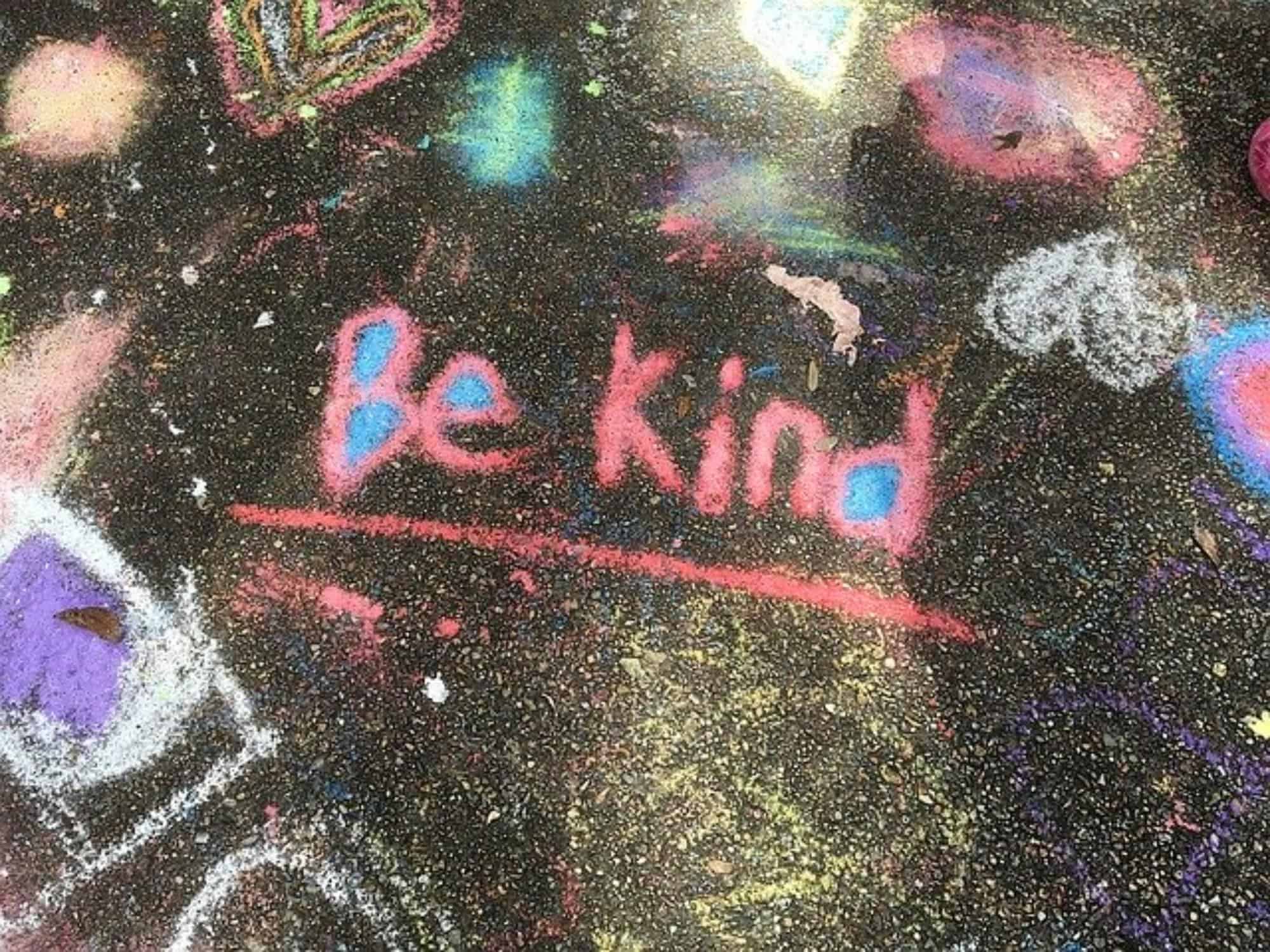Practicing Kindness Benefits Your Health, Doesn’t Take Much Time Or Money, And Can’t Be Stopped By COVID-19
Kindness is showing generosity or consideration to others without expecting anything in return. Being kind usually makes you feel good about yourself. Pegasus home care experts in Atwater Village and elsewhere know that kindness also benefits your physical well-being.
The “feel-good” sensation comes from the release of oxytocin. That’s the hormone that enables individuals to bond with each other. Oxytocin has been called the “love hormone.”
The neurotransmitter serotonin is also released when you practice kindness. Like oxytocin, serotonin is a feel-good chemical. It contributes to your sense of well-being.
Kindness additionally releases endorphins, which are neurochemicals that also improve your feelings of well-being. Serotonin and endorphins are part of the sensation described as “helper’s high,” experienced by volunteers.
The oxytocin, serotonin, and endorphins generated by kindness produce positive feelings that include:
- Belonging
- Compassion
- Connection
- Empathy
- Friendliness
- Gratitude
- Optimism
- Pleasure
- Purpose
- Trust
Often, the benefits of your kindness are greater for you than they are for the recipient. Your relationships with family, friends, and strangers are improved. Your self-esteem goes up a notch, and life just seems better.
Kindness Improves Your Health
Oxytocin also provides a physical benefit to your heart. It increases the release of nitric oxide. Nitric oxide expands your blood vessels, which then lowers your blood pressure.
Reduction of inflammation is another benefit of the oxytocin released by an act of kindness. Chronic inflammation is a factor in a host of diseases. Arthritis, asthma, cancer, diabetes, migraines, obesity, and pain are all conditions with links to inflammation.
Serotonin is sometimes called the happy chemical. That’s because a shortage of serotonin can be a factor in depression. Scientists are also looking at the role of serotonin in anxiety, PTSD, and other emotional issues.
Individuals who engage in acts of kindness strengthen their immune system. Pain is reduced for many. Increased energy and strength are another bonus of being kind to others on a regular basis.
Be Kind To Yourself
Being kind is more than doing something for others. What many individuals overlook are the benefits of self-kindness. Offer yourself the same comfort and emotional support you offer to others.
Self-kindness isn’t the same as self-pity or self-indulgence. Being kind to yourself is treating yourself compassionately. It’s being realistic about your abilities rather than focusing on your inadequacies or mistakes.
Do the same for yourself as you would do for a friend who is suffering. You’ll experience the same mental and physical benefits that your kindness offers to others.
Kindness Isn’t Measured By Quantity
Kindness doesn’t have to be writing a huge check to your favorite charity. Nor does it have to involve hours and hours of volunteering. Those actions are commendable, but you may find greater benefit in small acts of kindness.
Examples of kind actions that take very little time, money, or effort include:
- Smiling at a stranger
- Holding open a door for someone
- Saying please and thank you
- Telling someone you appreciate something they’ve done for you
- Letting someone go ahead of you in line or in traffic
- Paying for a cup of coffee for someone in the line behind you
- Shopping for groceries or medications for a shut-in
- Saying “I love you” to those you care about
- Listening carefully rather than interrupting even if the subject isn’t of interest
- Walking a neighbor’s dog
- Babysitting a friend’s child to give them a break
- Sincerely complimenting someone
- Encouraging others
The list is endless. If you look around you, you can easily find some little thing you can do to brighten someone’s day. You’ll benefit, and so will they.
A Pandemic Can’t Stop Kindness
Many acts of kindness involve interaction with another person. You can still practice kindness without violating the COVID-19 social distancing guidelines. Again, look around, and you’ll find opportunities beckoning.
Write thank-you notes to postal employees, emergency room personnel, or grocery store managers. Donate to your local food bank or shelter. Or have food and supplies delivered to a neighbor.
Remember that the pandemic has everyone stressed. When you have to wait for service or products, do so calmly. Tell the person helping you that you appreciate their assistance.
Call, write a letter, text, or email to connect with old and new friends. Offer encouragement. Generously tip the individuals helping with delivery services.
Are you computer literate? As an adult, you have knowledge you can share. Do a search for “online tutoring volunteer,” and you’ll find dozens of ways to teach others.
Contact your church and organizations to which you belong and ask about their needs. They might arrange for you to regularly phone an isolated person to help ease their loneliness. Maybe you can play telephone grandparent to a child whose harried parent needs a break.
Pegasus is a licensed Home Care Organization and a Joint Commission Accredited Home Health Care organization. We provide comprehensive home care services in Atwater Village and our other locations. Our professionals can meet the needs of you or your loved ones regardless of the level of care required.

